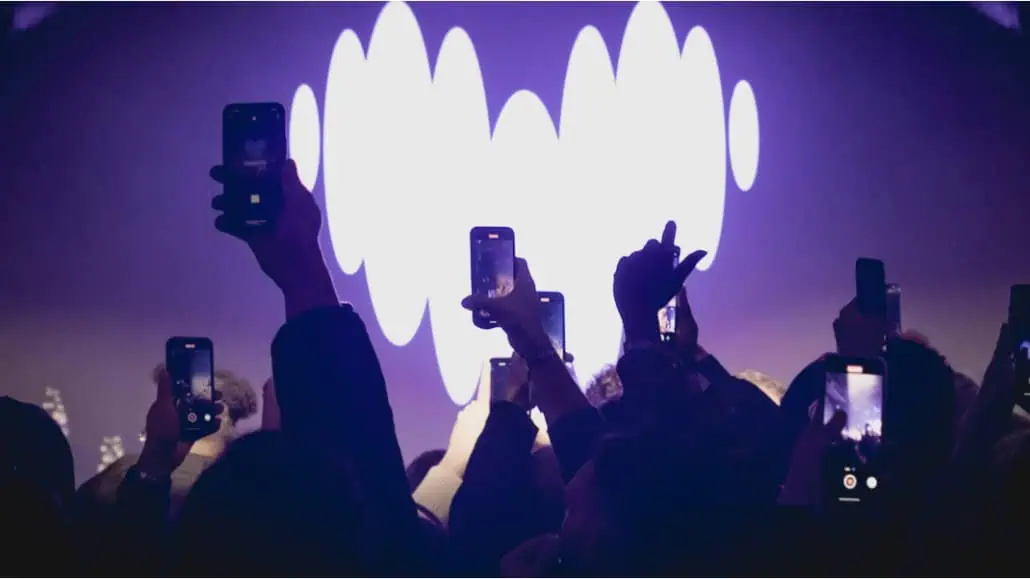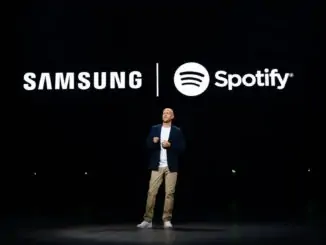
Deezer deploys cutting-edge AI detection tool for music streaming with 10% of tracks submitted to the platform being AI generated. The new tool will enable Deezer to tag AI generated content to increase transparency for users and safeguard the rights of creators. The new tool has discovered that roughly 10,000 fully AI generated tracks are delivered to the platform every day, equating to around 10% of the daily content delivery. The company has stated that AI generated content will be removed from algorithmic recommendations.
The cutting-edge AI music detection tool, which has been in development for the past year has been designed specifically to discover AI generated content without extensive training on specific data sets. An application for two patents was submitted in late December 2024 to protect the technology.
In addition to creating a tagging system for AI generated content on Deezer, the company aims to continue developing the capabilities of its technology to include deep fakes voices. Deploying its AI detection tool aligns with Deezer’s ambition to champion fairness and transparency in the music ecosystem. In October 2024, the company was the first and only streaming platform to sign the global statement on AI training, taking a stance against the unlicensed use of creative works for training generative AI.
AI is considered a critical challenge for the music industry. According to a study conducted by CISAC and PMP Strategy, with participation from key industry players (including Deezer), nearly 25% of creators’ revenues are at risk by 2028, which could amount to as much as €4 Bn by that time. This represents a colossal, even critical, challenge for the music creation sector as a whole.
Alexis Lanternier, CEO, Deezer said, “As artificial intelligence continues to increasingly disrupt the music ecosystem, with a growing amount of AI content flooding streaming platforms like Deezer, we are proud to have developed a cutting-edge tool that will increase transparency for creators and fans alike,” said . “Generative AI has the potential to positively impact music creation and consumption, but its use must be guided by responsibility and care in order to safeguard the rights and revenues of artists and songwriters. Going forward we aim to develop a tagging system for fully AI generated content, and exclude it from algorithmic and editorial recommendation.
The new tool can detect artificially created music from a number of generative models such as Suno and Udio, with the possibility to add on detection capabilities for practically any other similar tool as long as there’s access to relevant data examples. Not only that, Deezer has made significant progress in creating a system with increased generalizability, to detect AI generated content without a specific dataset to train on.”
Aurelien Herault, Chief Innovation Officer, Deezer added, “We set out to create the best AI detection tool on the market, and we have made incredible progress in just one year,” said. “Tools that are on the market today can be highly effective as long as they are trained on data sets from a specific generative AI model, but the detection rate drastically decreases as soon as the tool is subjected to a new model or new data. We have addressed this challenge and created a tool that is significantly more robust and applicable to multiple models.”




